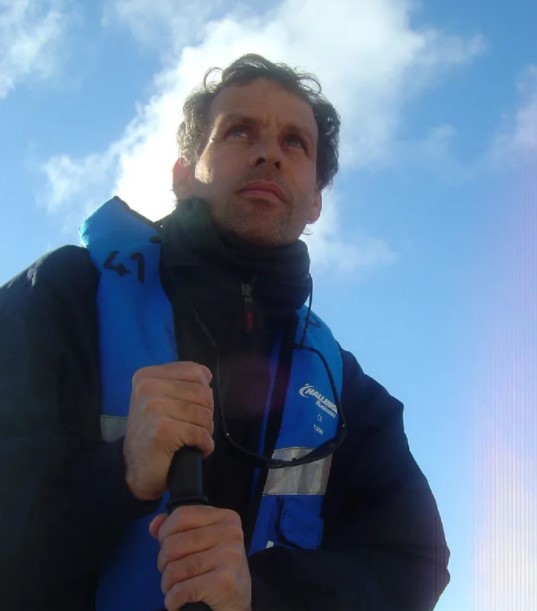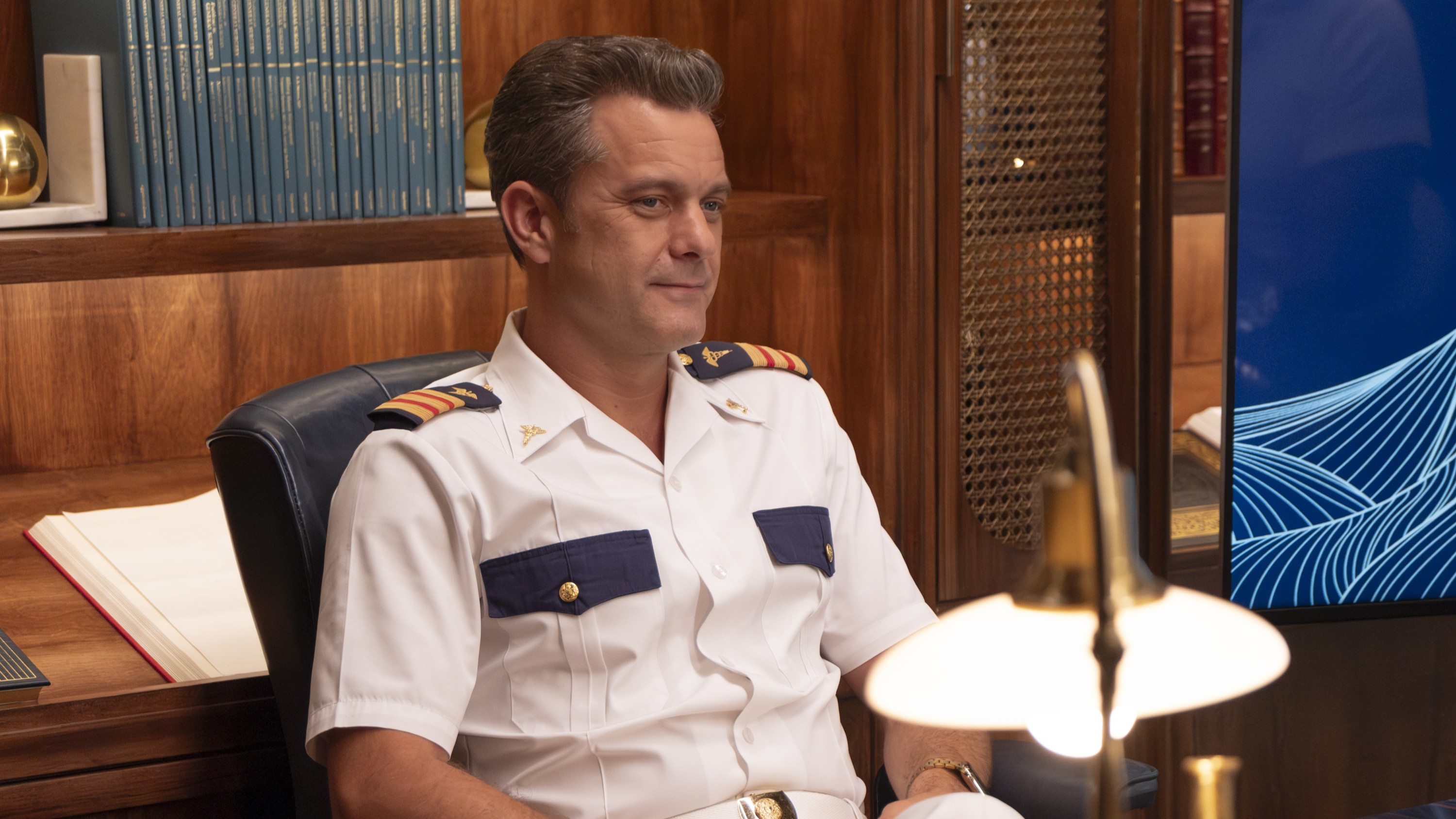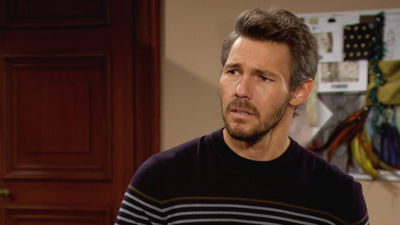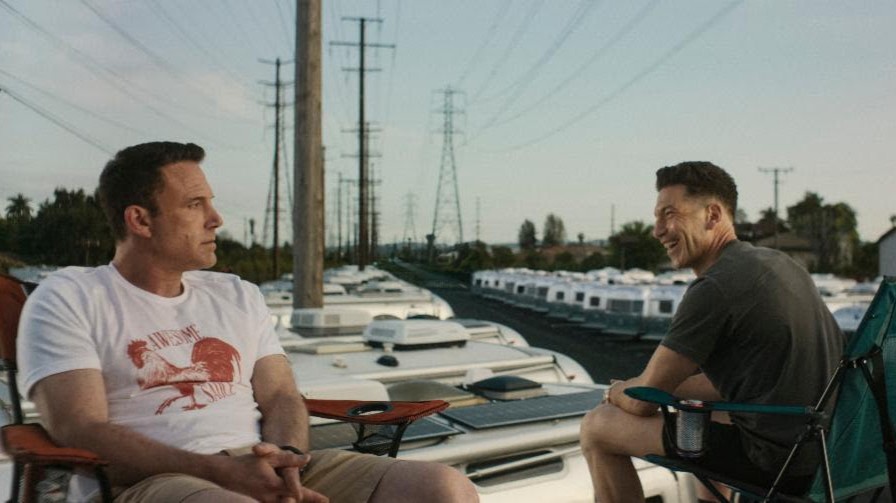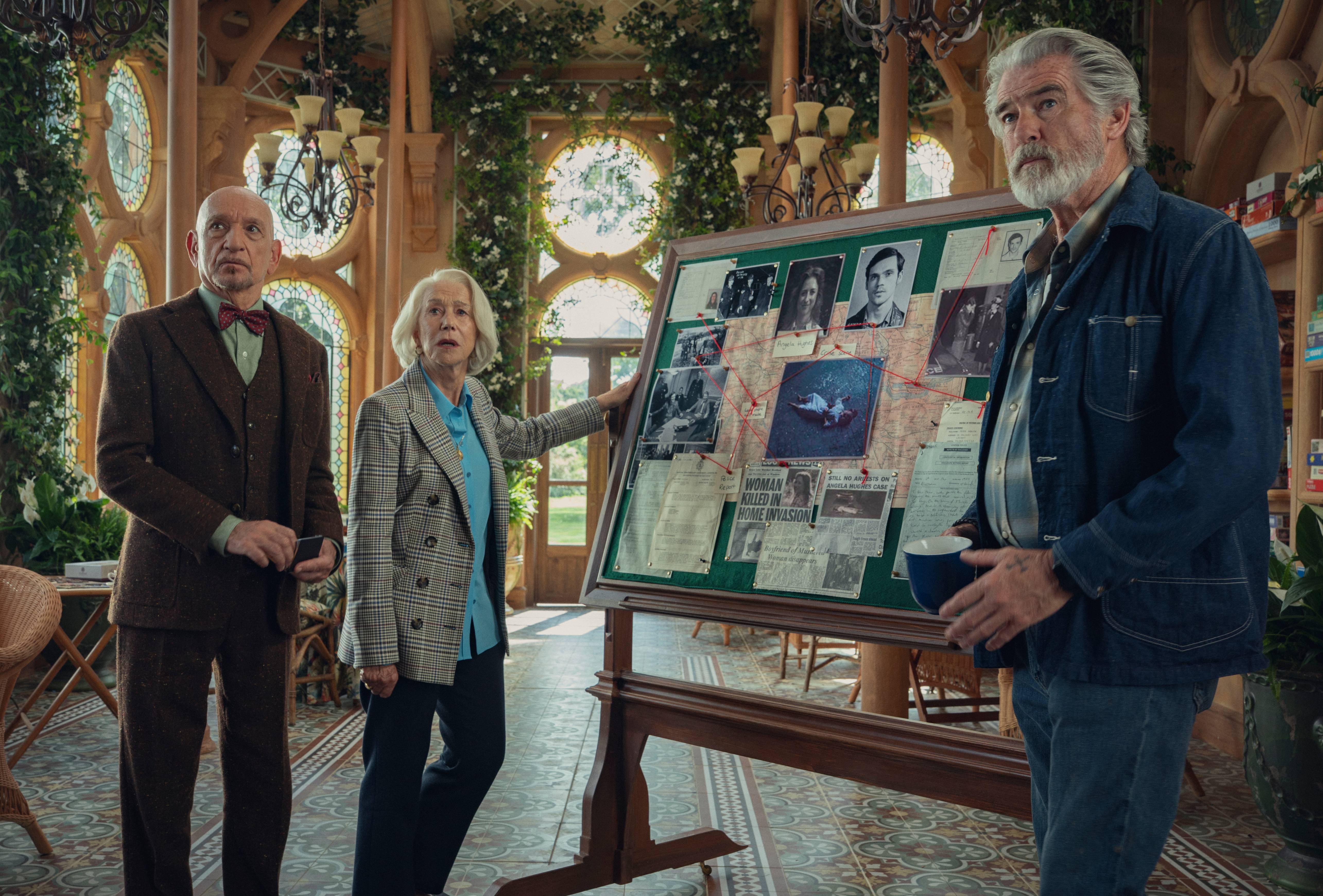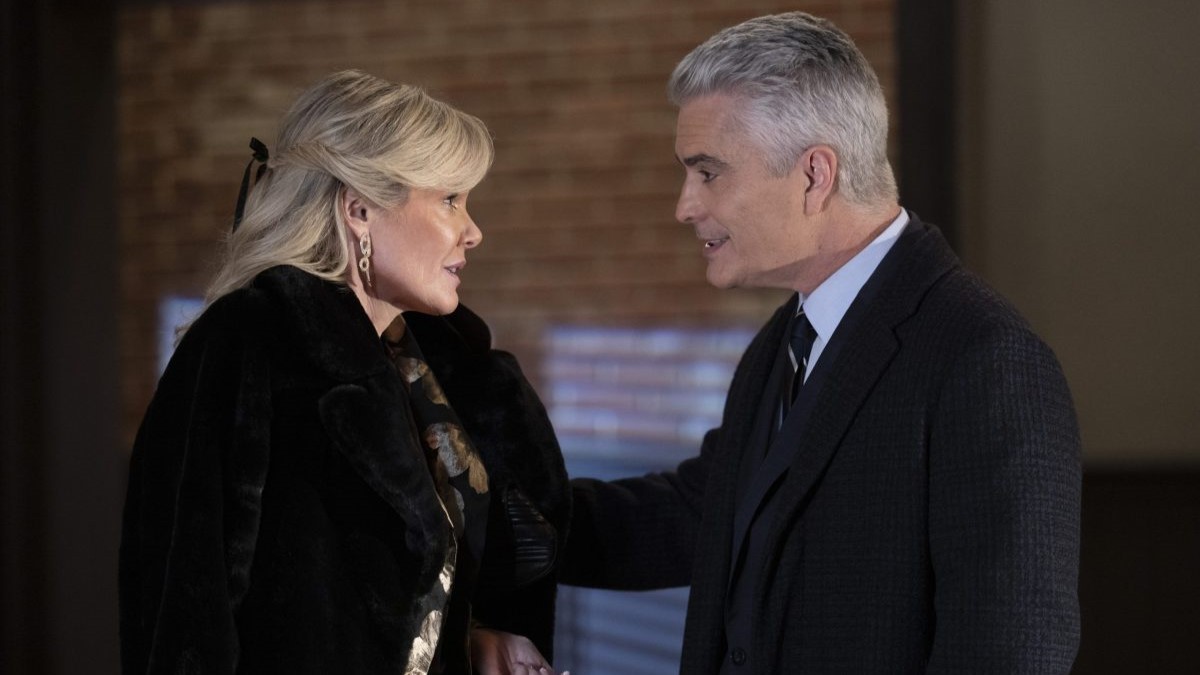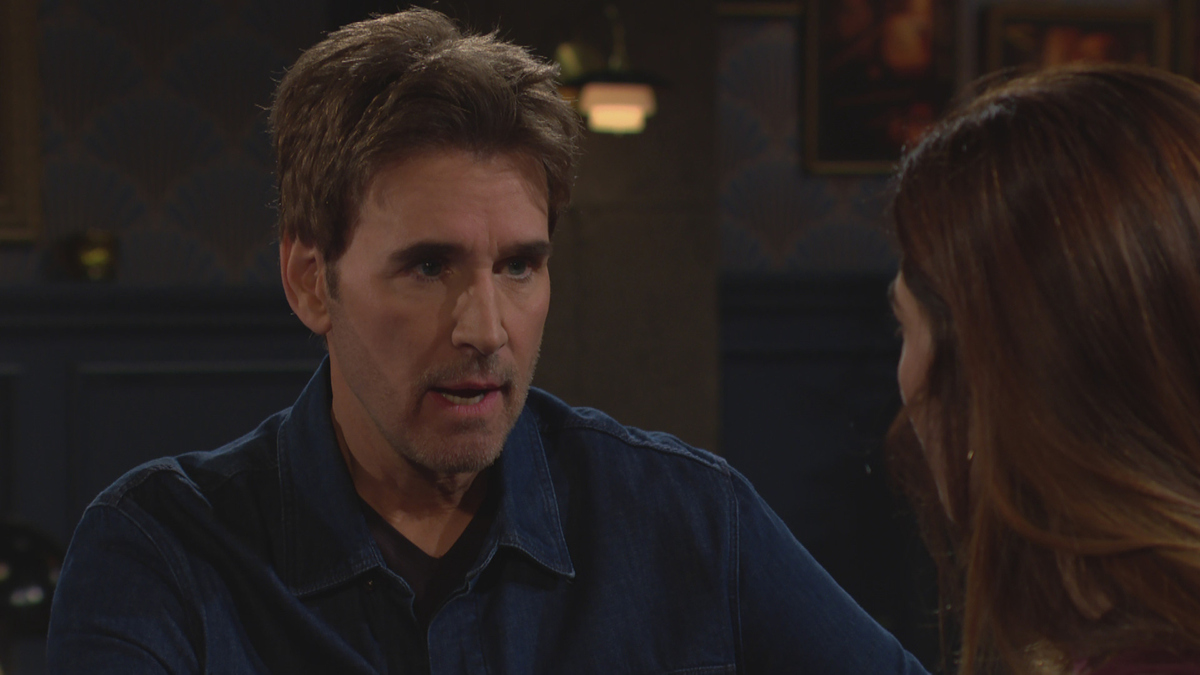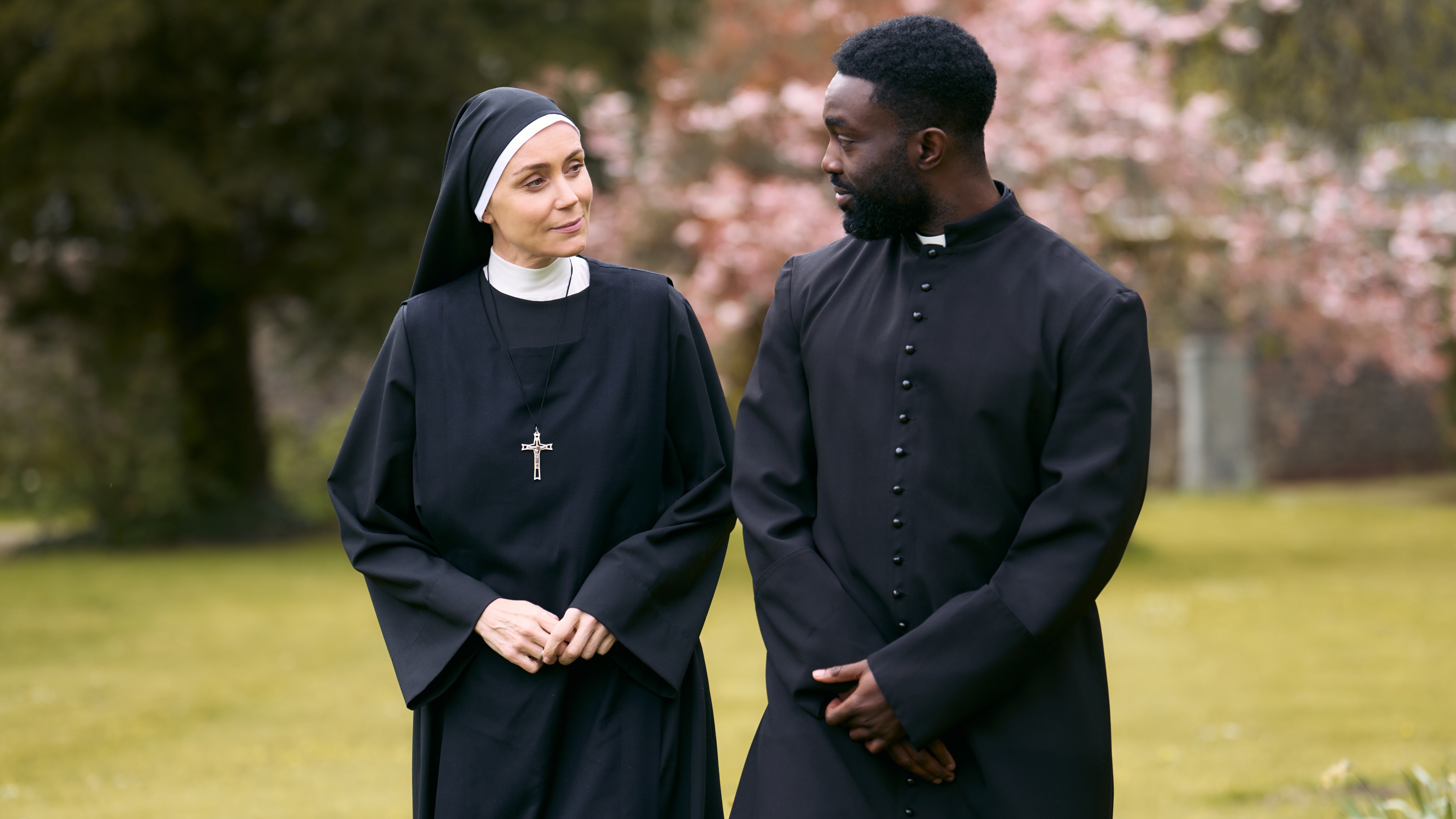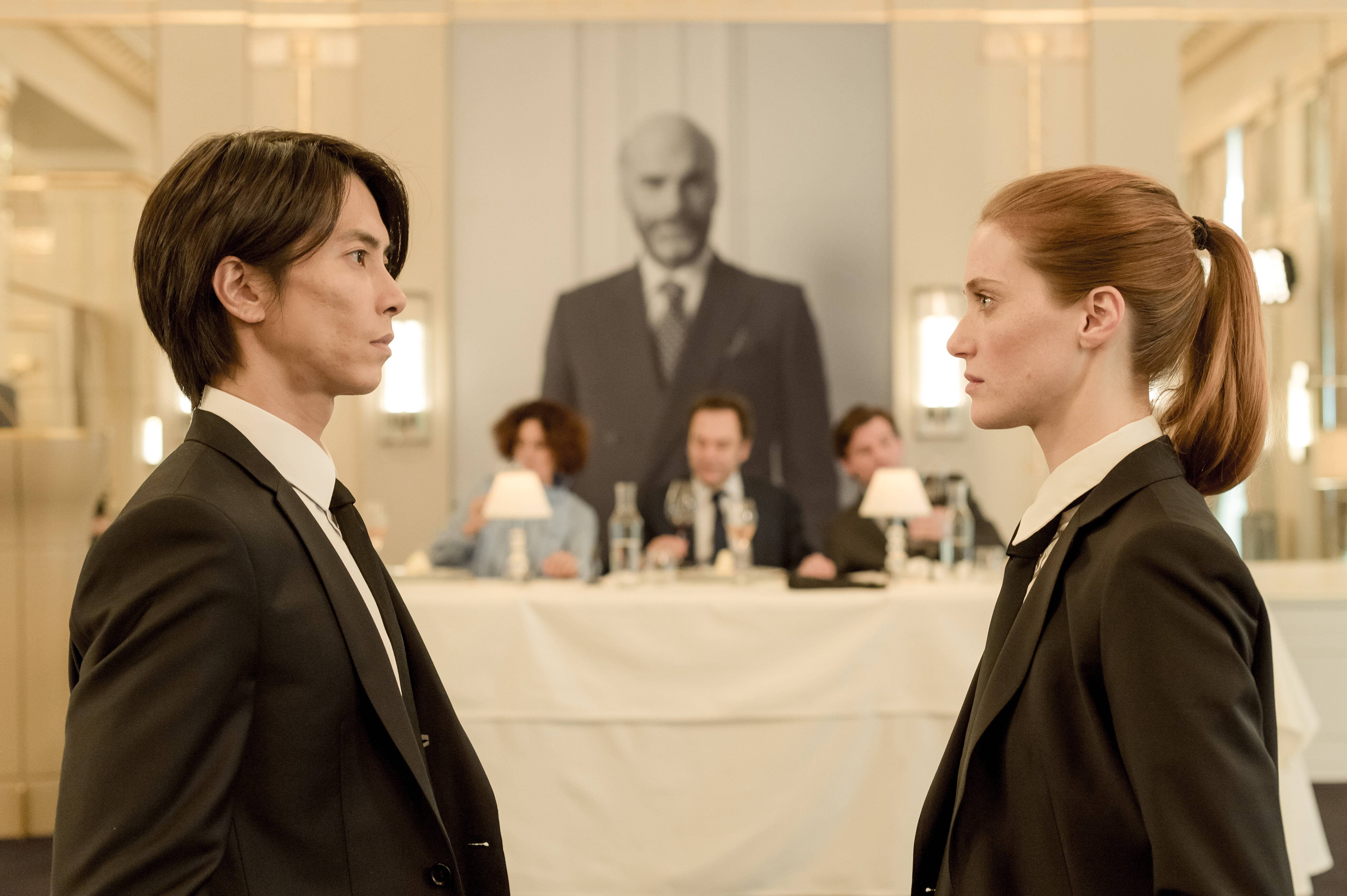The Invisible Woman | Film review - Ralph Fiennes & Felicity Jones reveal Charles Dickens's secret love
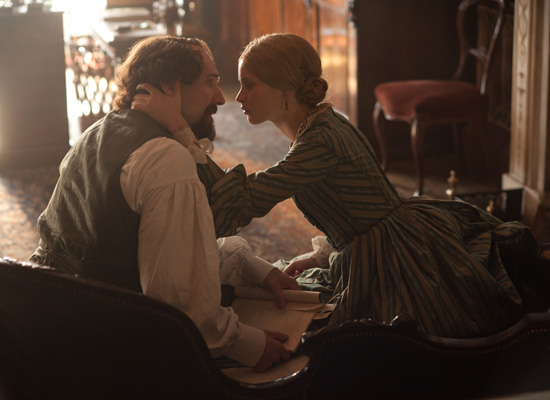
Proving as adept behind as in front of the camera, Ralph Fiennes follows his striking adaptation of Shakespeare’s Coriolanus, his 2011 directing debut, with The Invisible Woman, a shrewdly intelligent and dramatically nuanced account of the secret love affair between Victorian literary giant Charles Dickens and young actress Nelly Ternan.
Fiennes is superb as Dickens. Suitably bewhiskered, he looks surprisingly like the author, but it's his portrayal of the complex, driven private man behind the boundless enthusiasm and charisma of Dickens's public image that makes his performance special. As Nelly, Felicity Jones is, if anything, even better, her subtly expressive face conveying the emotional turmoil of being passionately adored but forced by Victorian propriety and her lover's fame to remain invisible.
Abi Morgan’s script, based on Claire Tomalin’s acclaimed biography of Ternan, is highly alert to the strains the era's social codes placed on women. Like Nelly, Dickens’s cruelly rejected wife Catherine (Joanna Scanlan) and Nelly’s mother (Kristin Scott Thomas), the matriarch of a financially precarious acting family, have no choice but to make compromises to survive.
If there's a feminist critique at work here then it remains implicit. There's nothing heavy handed about Fiennes's touch, and his sure feel for the period and deft direction ensures that his film works, above all, as a highly involving human drama.
![starstrip4[1]](https://cdn.mos.cms.futurecdn.net/khbRKFtGCcX8Ui4Lq3iSo.gif)
Certificate 12A. Runtime 111 mins. Director Ralph Fiennes.
https://www.youtube.com/watch?v=WDMHb3GetIc
Get the What to Watch Newsletter
The latest updates, reviews and unmissable series to watch and more!
A film critic for over 25 years, Jason admits the job can occasionally be glamorous – sitting on a film festival jury in Portugal; hanging out with Baz Luhrmann at the Chateau Marmont; chatting with Sigourney Weaver about The Archers – but he mostly spends his time in darkened rooms watching films. He’s also written theatre and opera reviews, two guide books on Rome, and competed in a race for Yachting World, whose great wheeze it was to send a seasick film critic to write about his time on the ocean waves. But Jason is happiest on dry land with a classic screwball comedy or Hitchcock thriller.
